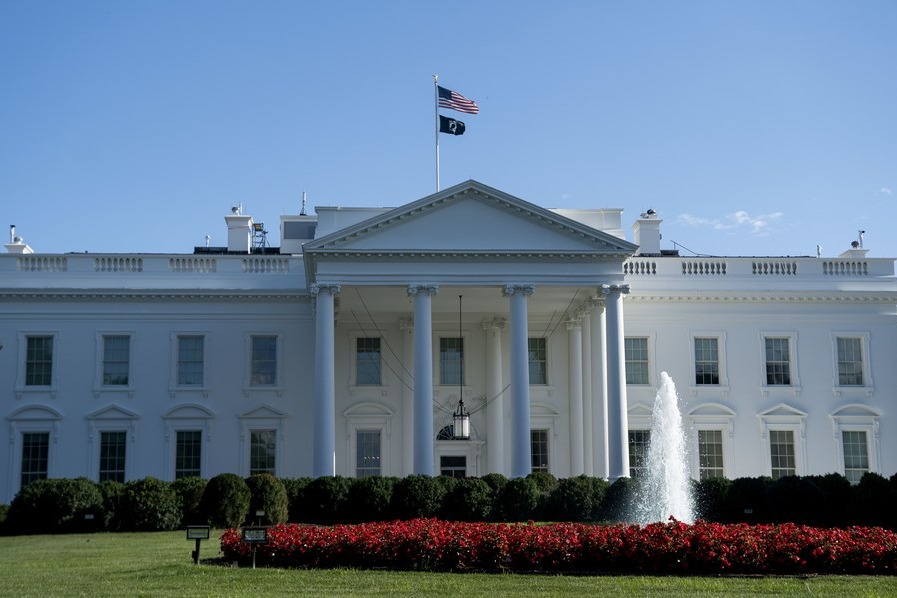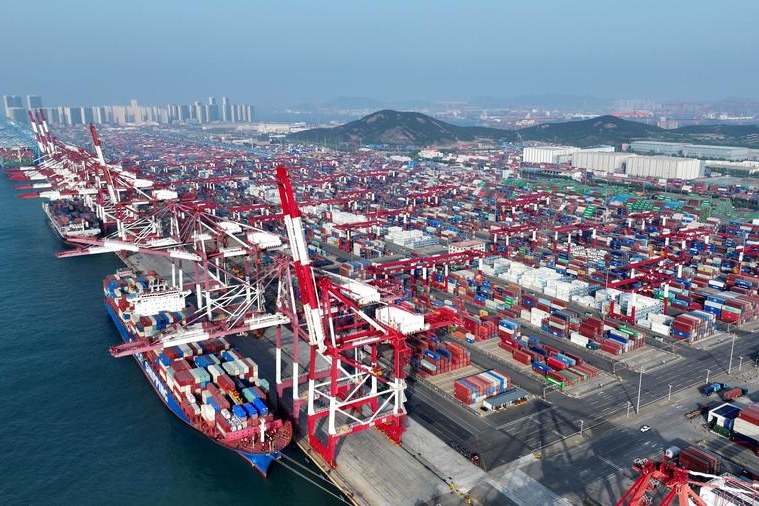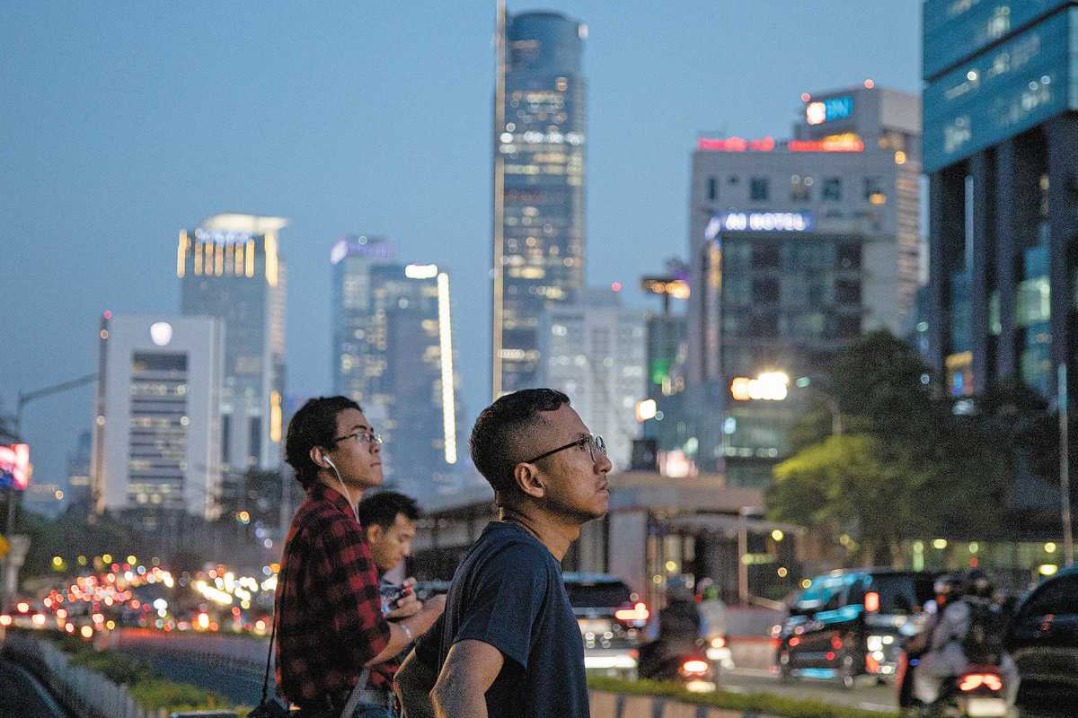ASEAN urged to unitedly seek solutions
Nations must shelve differences amid geopolitical risks in region, experts say

The Association of Southeast Asian Nations should shelve differences while seeking common ground amid the current geo-economic and geopolitical risks and reinforce the region's influence via cooperation on emerging industries, said experts.
Geo-economics is increasingly influencing ASEAN's regional trajectory. As global power dynamics evolve, protectionism rises and supply chains diversify, ASEAN must navigate a complex landscape of opportunity and risk, said Piti Srisangnam, executive director of ASEAN Foundation.
Despite its big market and important geographic location, ASEAN is now facing challenges in the rivalry between the main powers that are testing the region's economic resilience, he said.
The United States has put into effect announced tariffs on the exports from Southeast Asian countries that were far lower than threatened levels but still much higher than tariff rates before, and were criticized as against widely-recognized trade practices embodied by rules of the World Trade Organization, among others.
Amitav Acharya, a professor of international relations at the School of International Service at American University, said the current US domestic and foreign policy, highlighting internal divisions and undermining international norms, posed challenges to its partnerships with some ASEAN members.
He suggested that ASEAN address the impact of its internal conflicts within its members via a non-force approach.
Jayant Menon, former lead economist at the Asian Development Bank, said the US tariff policy is a reminder to the ASEAN communities that the trade troubles are not limited to between the US and China.
"Although there is a wide discussion on the trade war and its impact on ASEAN economies recently, the region should seek solutions from within while rethinking about its future strategy of how to upgrade its competitiveness and create a better connectivity in the face of rising protectionism," he said.
According to Piti, ASEAN is now overdependent on limited markets for exports and imports. It also needs support in several sectors, such as semiconductors, energy and digital infrastructure, which are vulnerable to external risks. The region also suffers from fragmented supply chains as well as slow progress in meeting the goals of climate change and green finance, he said.
Looking forward, he said the region must maintain open and progressive relations with all major powers, while reducing overdependence on any single economy.
Moreover, Piti said ASEAN should build economic resilience for real sectors, strengthening regional supply chains, especially in critical industries such as semiconductor, electric vehicle, renewable energy and food security.
Payment connectivity
For the financial sector, he suggested that ASEAN countries need to develop regional payment connectivity and local currency settlements to reduce exposure to external shocks.
"Another strategy is about flexible multilateralism. ASEAN can pioneer minilateralism that allows smaller flexible groups to solve issues," Piti said, citing an example of the ASEAN Digital Economy Framework Agreement among ASEAN Plus members.
"Such a mechanism should be open to all and even those newcomers, to make sure that no one is left behind," he noted. "All those efforts would reinforce ASEAN's centrality, ensuring that external partners engage with us through the ASEAN framework rather than bypassing us."
To promote resilience and inclusive growth in the region, ASEAN should accelerate regional integration to diversify risks and also strengthen the regional economy, said Sineenat Sermcheep, director of the ASEAN Studies Center, Faculty of Economics of Chulalongkorn University.
She said the region's e-commerce sector is expanding at a rapid pace, which might become a new booster to economic growth and require harmonized data governance for seamless digital trade.
According to a recent report jointly released by Singapore's banking group DBS and market data and insights firm Cube, e-commerce sales in Southeast Asia will more than double from $184 billion last year to $410 billion by 2030.
"To facilitate digital trade, we should encourage secure and interoperable data exchanges. By reducing legal fragmentation, we can simplify cross-border operations, and encourage small and medium-sized enterprises to participate in digital trade while boosting innovation and investment. This will help to drive digital trade and enhance the region's competitiveness," she said.
yangwanli@chinadaily.com.cn

































